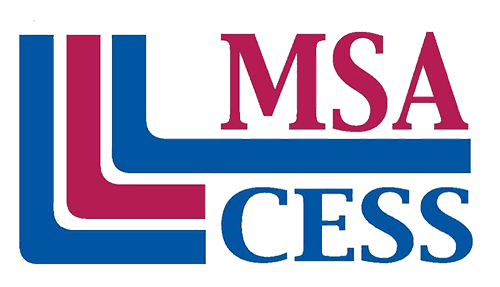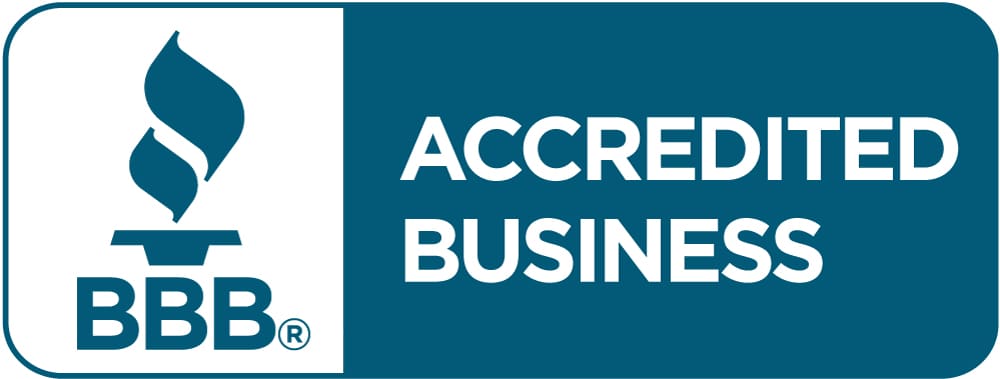When it comes to elderly care, Medical Assistants who train at ACI Medical & Dental School will have the skills and training necessary to overcome the many obstacles presented throughout their careers. Every day a Medical Assistant is faced with a new situation – sometimes, this involves caring for elderly patients when they require assistance. Here are some tips for success for Medical Assistants working with elderly patients.
What Do I Need To Know About Caring For Elderly Patients?
Elderly Care is specialty healthcare that centers its service on the aging population. A massive part of the healthcare industry, in general, is supporting and assisting the elderly population. Mainly, the elderly care service aims to enhance the quality of life, preemptively treat diseases, and obtain a modest level of function. Elderly patients often need a multidisciplinary team to manage the increasingly high demand of medical and psycho-social problems patients face daily. Medical Assistants are a critical part of this team in a professional healthcare setting. Medical Assistants need to do more than just provide services to the elderly to help meet their needs. Many seniors will have different needs than younger patients, and meeting those needs is crucial to providing them good service.
Medical Assistants’ Role In A Long Term Care Facility
A Certified Medical Assistant who has graduated from ACI Medical & Dental School is qualified to work in various healthcare settings, including hospitals, doctor’s offices, and long-term care facilities. As stated by Nova Home Care & Staffing, these facilities are crucial in maintaining the health of the elderly population. Elderly Care is an area of health care frequently faced with workforce shortages, as healthcare facilities of all sizes will occasionally need long or short-term assistance when staffing. Elder Care is yet another area where Medical Assistants are highly in demand.
Above are just a few of the duties a Medical Assistant must perform. Each day will present new challenges and obstacles to overcome. The Medical Assistant’s job is often to be a jack-of-all-trades, assisting and leading.
Tips for Working with the Elderly as a Medical Assistant
Demonstrate Active Listening
Medical Assistants must listen clearly to their patients, whether they are elderly. Still, it can be imperative to communicate with older patients to ensure a smooth and efficient visit. Follow these steps to demonstrate active listening:
- Greet the Patient kindly
- Face the Patient
- Maintain eye contact
- Avoid interruptions
- Avoid distractions
- Use verbal affirmations
- Ask questions
- Listen to concerns
- Summarize/Review Information
Clear and Concise Service
Older patients have problems communicating their concerns and understanding new concepts, and Medical Assistants must provide clear and concise information. If you tend to babble, slow down and communicate clearly. Allowing time to process what you’re saying and better grasp it. Imagine caring for your grandparent and treating your geriatric patients exactly how you want your family treated.
Fostering independence can instill confidence in your patients. Let them do what they can, but always know your limits and your client’s limits, physically, medically, and emotionally. Clear, concise communication is crucial when working with the elderly to ensure needs are met efficiently and thoroughly.
Patience
Patience is crucial when tending to older adults. Usually, these patients move slower and need extra time to get to exam rooms, with some requiring an escort. Any Medical Assistant should be prepared to provide physical assistance with moving, changing clothes, or getting on an examination table. Elderly patients will take their time settling into the office, so practicing patience is critical.
Be Thorough
Take the time to be thorough when providing services to senior patients. Make sure that you follow the complete step-by-step procedure for the patient. It is essential to work as a team when caring for the elderly. The various challenges of elder care can often be minimized by asking family members what works best for their aged loved ones. You should also communicate with healthcare professionals at your facility to ensure all team members understand any changes in status, concerns, and successes.
Learn More About the Role of a Medical Assistant
If you or someone you know is interested in becoming a Certified Medical Assistant, contact ACI Medical & Dental School to learn more about our programs!








